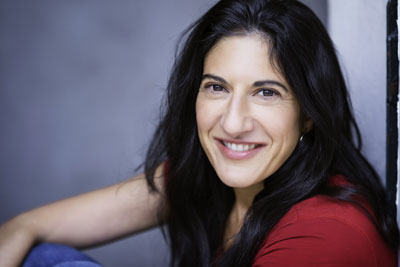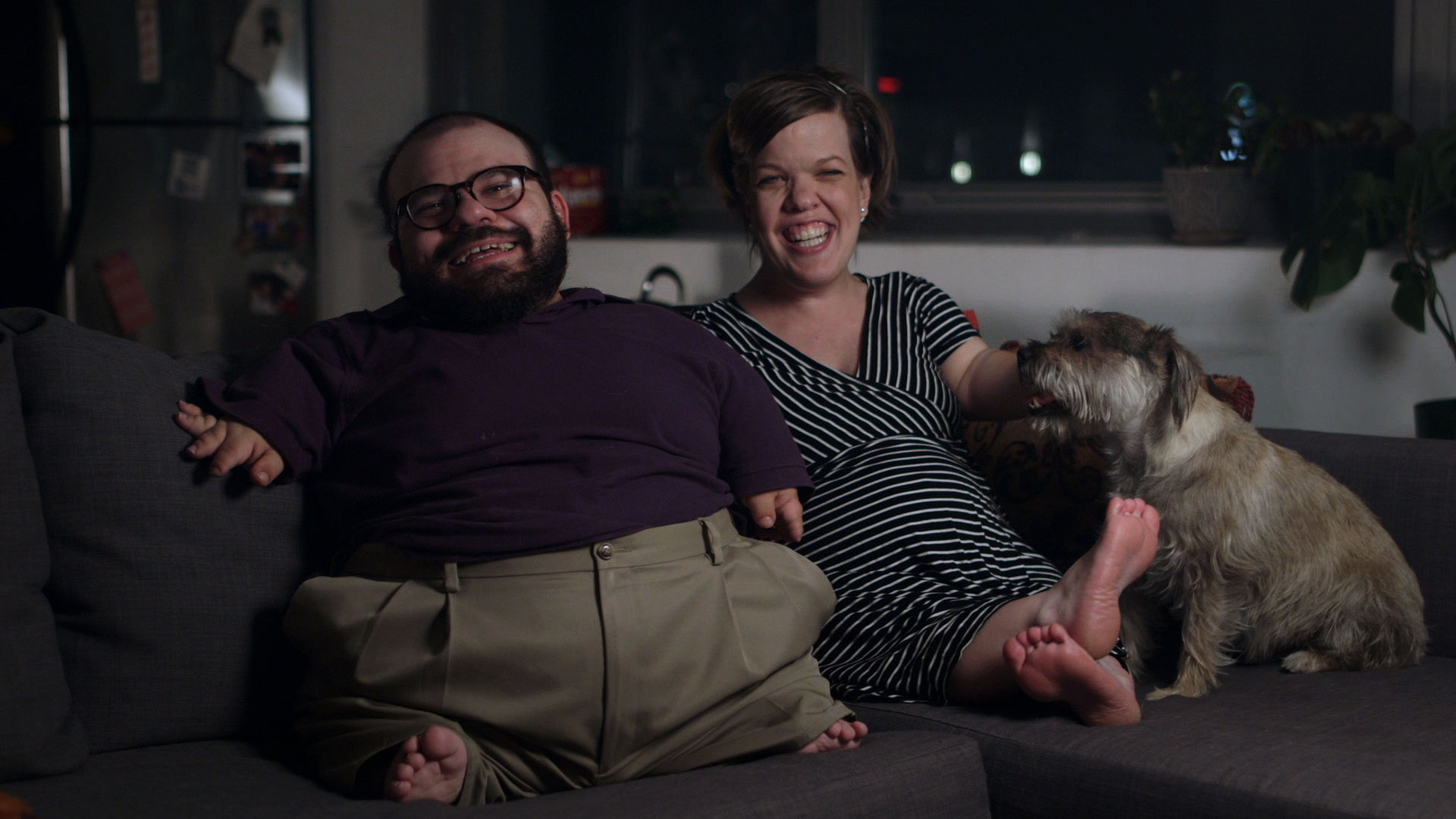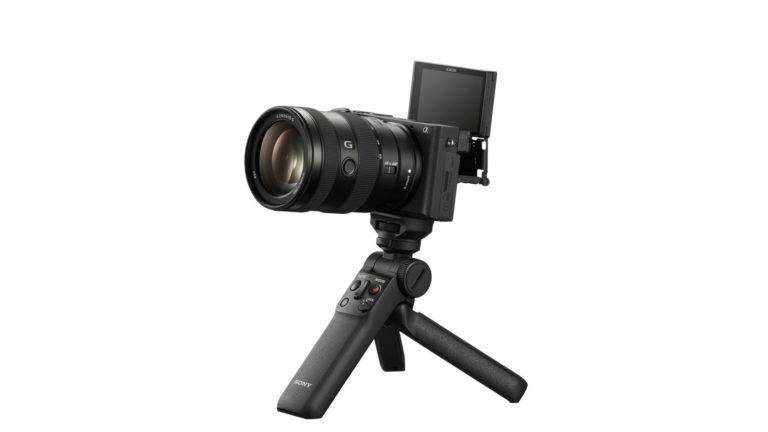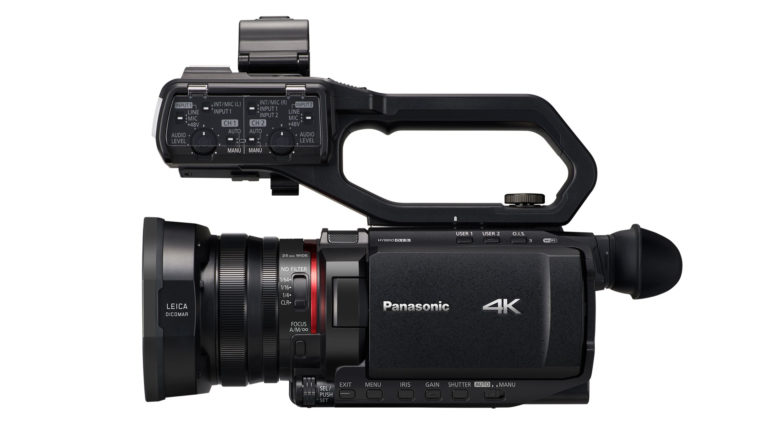
Photo: Meredith Zinner
Adapting a 800-Page New York Times Best-Selling Book into a 90-Minute Documentary Feature
Far from the Tree compresses psychologist Andrew Solomon’s 800-page book, published in 2012, about how parents deal with various forms of difference that defy their expectations about their children and compresses it to stories of five families. Director Rachel Dretzin makes Solomon’s life — especially his difficulty accepting his gayness in a homophobic society — a major part of her film. She goes on to profile little people, deaf adults, an autistic teenager and a man serving a prison sentence for murder. Using a mixture of cinema vérité observation and interviews, Dretzin makes a case for the value of difference, while acknowledging that it’s not always positive.
Although she worked for the PBS series Frontline for years, co-founded the production company Ark Media and directed the short “Naked,” Far from the Tree is Dretzin’s feature debut.
StudioDaily: You went beyond just basing your film on Andrew Solomon’s book Far From the Tree to beginning with his life story about his eccentricity as a youth, coming out to his parents and how he came to write it. Beyond that, he’s a producer. How much input did he have into it?
Rachel Dretzin: Andrew was involved throughout the process of making the film, not on a day to day level, but as a resource, a guide, and a thoughtful sounding board on issues large and small. He is a brilliant writer who isn’t trying to be a filmmaker, and he respected my authorship of the film throughout. When it came to telling his own story, Andrew had to be vulnerable in front of our documentary crew in a way that he isn’t accustomed to being. I think it took a great deal of courage — and a leap of faith — for him to be able to share his life story the way he did.
Has Solomon ever been so frank in public before about the experiences he had attempting to force himself to be heterosexual?
Andrew wrote about his experience with sexual surrogacy therapy and his efforts forcing himself to be heterosexual in the book, and spoke about them in a piece he did for The Moth. Other than that, I believe this is the first time.
Was it hard to get your subjects’ trust to the point where you had access to their home movies? You also have a lot of scenes with a fly-on-the-wall quality, which implies a high comfort level with your presence.
We spent a great deal of time getting to know our subjects before we ever turned the cameras on and, once we began filming, we were in and out of their lives for the better part of two years. Trust was built in some cases more quickly than in others, but I can safely say that a deep trust was built with all the families we filmed. The film couldn’t have been made otherwise.
Did you think about — and possibly discard — different ways to communicate the experiences of people, like the boy who can only speak with a computerized voice?
We thought a lot about how to convey the experience of Jack. Jack’s sensory issues — the sensitivity of his hearing, in particular — were something at the forefront when we were editing a few of his sequences and certainly something we considered musically and in our sound design. In the music by Nico Muhly for part of Jack’s story, there is a sort of a discordant, buzzing element similar to what Jack hears when he isn’t wearing noise-canceling headphones. And we did include a montage aimed to convey the sensory overload of so many conversations going on around him that he can’t easily participate in.

Jason Kingsley and Emily Perl Kingsley
Courtesy of Sundance Selects
What kind of cameras did you use?
Mostly the [Canon] C300. We shot with the [Arri] Alexa a few times as well.
For the first hour of Far From the Tree, you show positive examples of difference and people overcoming ableism and homophobia. The story of Trevor complicates matters. How different does his family seem to you than the others you met? Did you ever try to interview him in jail?
The Reese family was quite different from all of the others featured and, in many ways, theirs was the most challenging story to tell, both in terms of gaining access and connecting it to the larger film. Their shame, and their sense of responsibility for Trevor’s crime is unlike any of the other parents’ experiences. They’re in many ways much earlier in the process of acceptance, and their child is in many ways much harder to accept — there is not much to celebrate in Trevor’s particular form of difference and so their story is really about the resilience of love and less about the embrace of the unexpected. I don’t imagine the other parents in Far from the Tree would wish away their child’s differences, but the Reeses would do anything to undo Trevor’s crime. We did consider an interview with Trevor in Angola prison, but decided against it. Ultimately we felt the story was not about Trevor’s motives and life in prison, and instead about his parents’ grief and rebuilding a life without him.
How did you find the right balance between observational material and interviews?
We shot a lot of intimate vérité footage for this and were surprised to see the extent to which it could stand on its own. It felt important that we lead with those observational scenes, that we let that material breathe without mediation from interviews or narration and added the interviews as needed. Andrew’s interviews were crucial in helping stitch together the various family stories. It was an organic (and long) process to find the balance we ultimately struck between interview and vérité.

Jack Allnutt and Bob Allnutt
Courtesy of Sundance Selects
Solomon’s book is relatively long and sprawling. Your film’s 90 minutes long and still covers a number of types of difference. Did you ever want it to have more space, a different kind of pacing and run closer to 160 minutes?
Multi-character films are always a challenge. There’s only so many transitions and cuts between stories that audiences can take, and it can be hard to truly immerse oneself in too many stories. We had filmed so many really beautiful scenes we couldn’t include, which is always painful, but ultimately we felt that the film just couldn’t accommodate more without dragging.
Increasingly, there’s a demand in narrative cinema that openly gay actors should always play gay characters, trans actors [should play] trans characters and disabled actors [should play] disabled characters. The debate about who gets to tell the stories of marginalized people and minorities is getting more contentious. Did you ever face pressure regarding this or feel uncomfortable representing groups you didn’t belong to?
This was something that was very much on our minds and certainly something we were asked about by many of the communities we initially approached as we made the film. It took a lot of time and a lot of conversations, particularly with Joe and Leah and the larger LPA [Little People of America] community, to bring them around to participating. Throughout the filming process, we always talked at length about their comfort level with what we’d shot, their boundaries and concerns. In many ways we felt like we needed to follow their lead as we shot the film, and that was true of all the stories in the film. We were an incredibly small and mostly non-disabled team making this film, except for our researcher, who was never shy about flagging anything that didn’t feel right as the film came together in the edit room.
How do you think Far from the Tree intersects with the current political climate in the U.S. and Europe? It seems like we’re moving away from a culture where the fight to recognize the value of difference was winning. Do you think your film can contribute towards encouraging to respect it, in however small a way?
We are certainly living in a culture of unkindness, and there seems to be an astonishing lack of compassion right now. Andrew’s book features the line that “it’s impossible to hate anyone whose story you know” that I think really resonates for the film. Since my very earliest days working on it, I hoped the film would result in a renewed sense of empathy and a change in how people perceive differences. That is, in large part, what drew me to the project.

Loini Vivao
Courtesy of Sundance Selects
Far from the Tree opens today in New York and Friday, July 27, in Los Angeles, with a nationwide platform release beginning August 3. Upcoming engagements are listed at gowatchit.com.
Crafts: Shooting
Sections: Creativity
Topics: Project/Case study Q&A Alexa ARRI c300 Canon documentary rachel dretzin
Did you enjoy this article? Sign up to receive the StudioDaily Fix eletter containing the latest stories, including news, videos, interviews, reviews and more.









